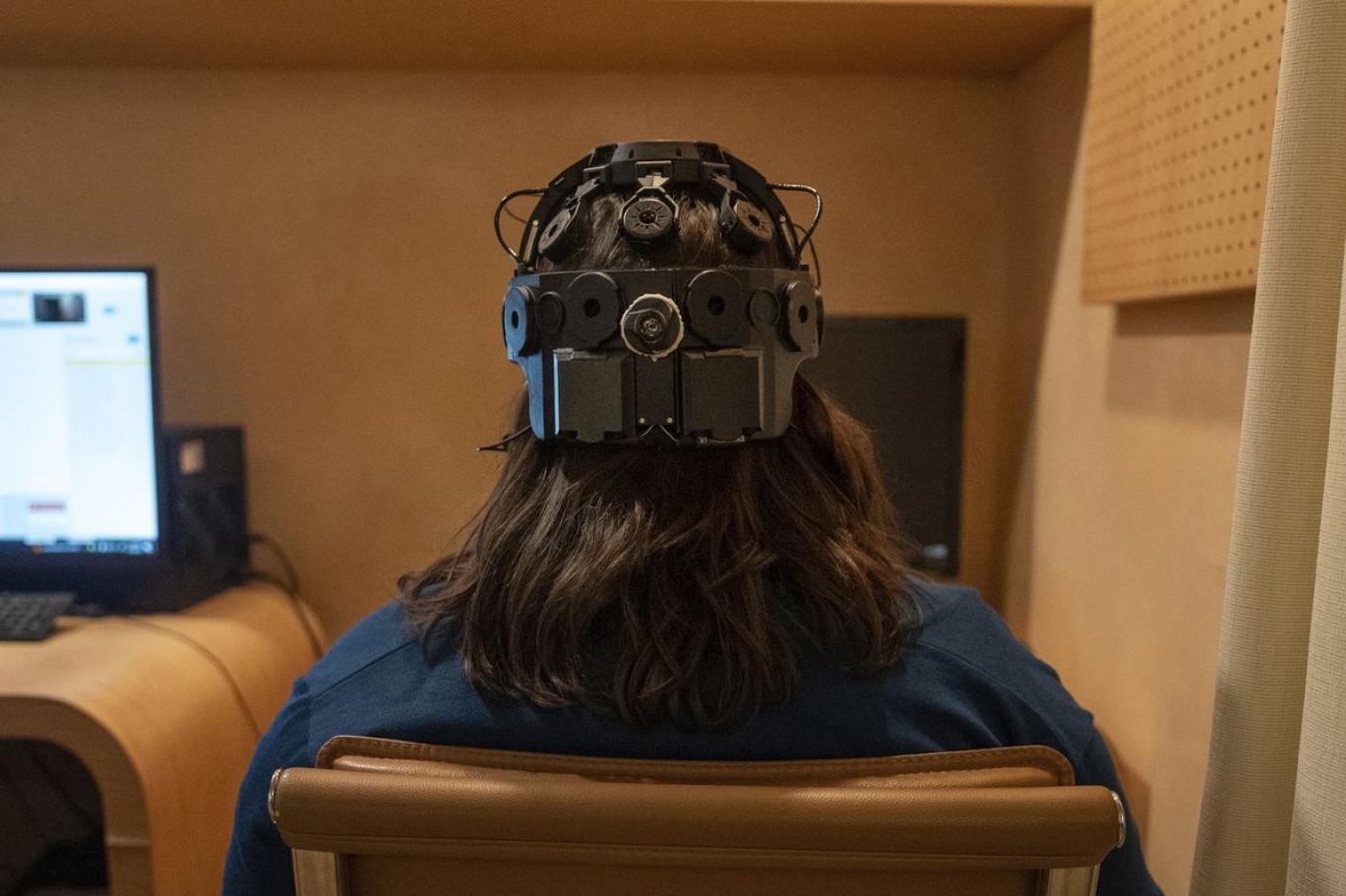¿Hablas español?
Parlez-vous français?
你会说中文吗?
If you answered “sí”, “oui” or “是的” and you are reading this in English, you are probably one of the bilingual or multilingual people in the world.

In addition to easier travel and watching movies without subtitles, knowing two or more languages means that your brain looks and works differently than your monolingual friend’s brain.
So what does it really mean to know a language?
Language ability is typically measured in two active parts, speaking and writing, and two passive parts, listening and reading. While a balanced bilingual person has roughly equal abilities in both languages, most bilingual people in the world know and use their languages at different rates. Depending on their situation and how they acquired each language, they can be classified into three general types.
- Juul brand electronic cigarettes banned in the US
- Signatures were signed: Apple to make Samsung rich with iPhone 14
Gabriella, for example, her family immigrated to the US from Peru when she was two years old. As a mixed bilingual, Gabriella develops both linguistic codes simultaneously, with one set of concepts, learning both English and Spanish as she experiences the world around her.
Her younger brother, on the other hand, can be a coordinated bilingual, working with two concept sets, learning English at school while continuing to speak Spanish at home and with friends.
Finally, Gabriella’s parents are likely to be second-order bilinguals, learning their second language through the filter of the first. Since all varieties of bilinguals have a complete command of a language, regardless of accent or pronunciation, the difference may not be readily apparent to the casual observer.
Other Related Content
But recent advances in brain imaging technology have given neurolinguists insight into how certain aspects of language learning affect a bilingual brain.
It is well known that the right lobe of the brain is more active in emotional and social areas, while the left lobe is more dominant in logical processes and analytical, but this is a matter of gradation, not a strict division. While the principle of having functions in different hemispheres of the brain develops with age, the fact that language involves both types of functions led to the critical period hypothesis.
According to this theory, children learn language more easily because the flexibility of their developing brains allows them to use both hemispheres to learn language; but in most adults, language is located in one hemisphere, usually the left hemisphere. If this is true, learning language as a child can give you a more holistic understanding of the social and emotional context of language.
On the other hand, recent research shows that people who learn a second language in adulthood show less emotional bias and a more rational approach when confronted with problems in their second language than when speaking their first language.
Regardless of when you learn additional languages, being a polyglot offers considerable advantages to your brain. Some of them are even visible to the eye, such as a greater density of gray matter, which houses most of your brain’s neurons and synapses, and more activity in certain areas when speaking a second language.
The increased exercise that a bilingual brain receives throughout life also delays the onset of diseases such as Alzheimer’s and dementia by up to five years. Many of the conceptual benefits of bilingualism may seem intuitive now, but they would have puzzled earlier experts. Before the 1960s, bilingualism was seen as a hindrance on the grounds that it slowed children’s development by causing them to expend too much energy switching between two languages, and this view was based on flawed research.
A more recent study has shown that in cross-language tests, reaction time and errors increase for some bilingual students; the study also showed that the effort and attention needed when switching from one language to another causes more activity in the dorsolateral prefrontal cortex, potentially strengthening it.
This part of the brain plays a major role in executive functions, in our focus when problem solving, switching between tasks and sorting out irrelevant information. So, while being bilingual may not make you smarter, it does make your brain healthier, more complex and actively engaged.

Even if you’re not lucky enough to learn, it’s not too late to do yourself a favor and make the linguistic leap from “Hello” to “Hola”, “Bonjour” or “您好”. Because when it comes to the brain, a little exercise can go a long way.




